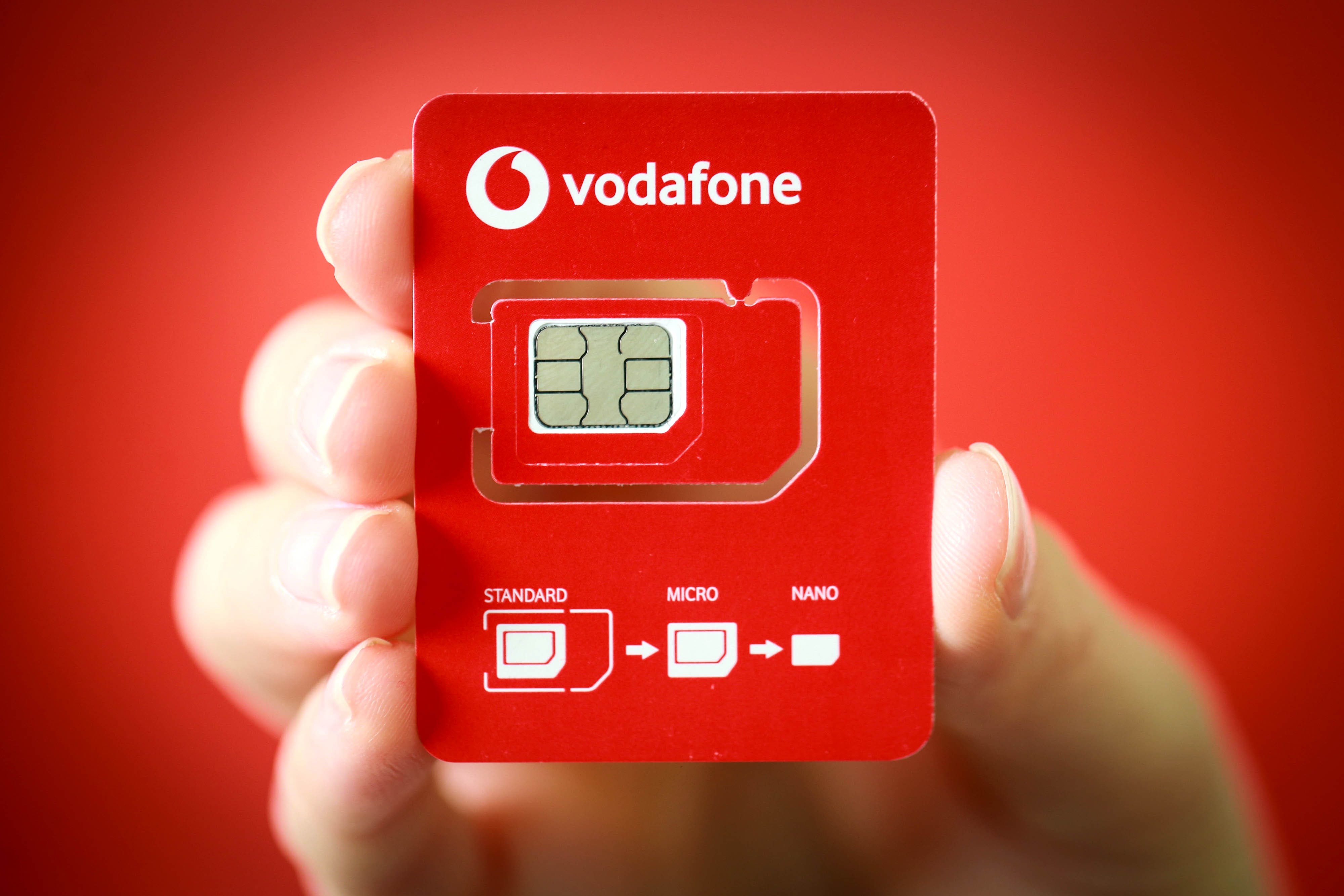Vodafone-Three £15bn merger delayed further as watchdog extends probe
The Competition and Markets Authority (CMA) said it had extended the period of time it needs to investigate the deal.

Vodafone and Three will have to wait longer before finding out if a £15 billion planned merger has the seal of approval from the UK’s competition regulator.
The Competition and Markets Authority (CMA) said it had extended the period of time it needs to investigate the deal.
The plans to combine have been under scrutiny since being announced last summer, delaying what would create the UK’s largest mobile phone network.
We appreciate the additional time it is taking to assess the extensive evidence submitted, which sets out how this transaction will significantly benefit over 50 million mobile customers, enhance competition and help transform the UK’s digital infrastructure
The two mobile firms say the deal will allow them to invest more in their services and better compete with major rivals, EE operator BT and Virgin Media-O2.
In an update published on Friday, the CMA said it was giving itself until December 7 to complete the probe and publish its findings.
The extension reflects the “very wide scope” of the inquiry and the “technical and regulatory complexity of the sector”, the watchdog said.
It has also been taking time to examine large quantities of evidence provided by both businesses.
Earlier this year, the CMA said it had concerns that two of the UK’s largest mobile networks merging could make it harder for smaller mobile operators – like Sky Mobile, Lebara and Lyca Mobile – to negotiate good deals for their own customers.
Such smaller operators are known as virtual networks as they “piggyback” off larger networks like Vodafone and Three.
A spokesman from Vodafone said it was “not unusual” for the regulator to extend its investigations.
“We appreciate the additional time it is taking to assess the extensive evidence submitted, which sets out how this transaction will significantly benefit over 50 million mobile customers, enhance competition and help transform the UK’s digital infrastructure,” Vodafone said.
Bookmark popover
Removed from bookmarks